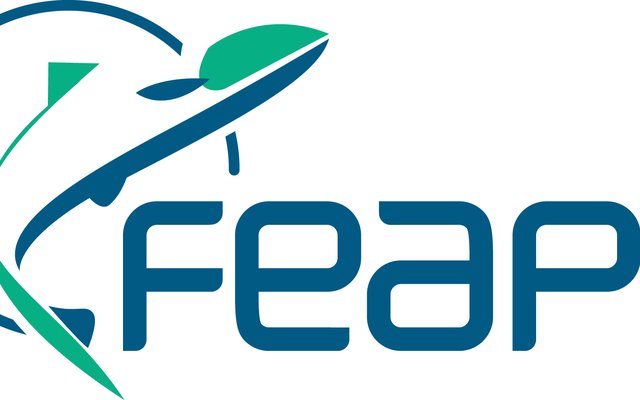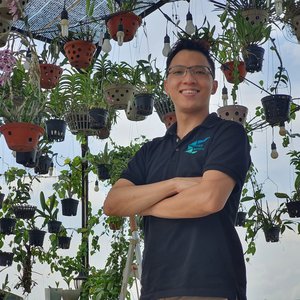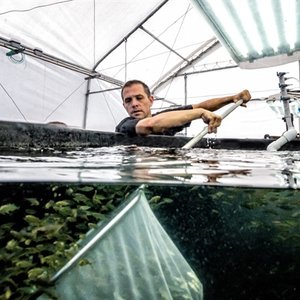Production costs in fish farming have massively increased since mid-2021. The aftermath of the COVID-19 crisis and the Russia-Ukraine war have sent input costs skyrocketing. Market sale prices have also increased but to a much lesser degree, and fish consumption has seen a decline in most European member states. In a statement, the Federation of European Aquaculture Producers (FEAP) said it is concerned with the slow unfolding of compensation aid for fish farmers.
“The critical cost situation of fish farming is in principle similar to other economic activities, however, a key difference is that fish farms cannot stop their activity and wait for the storm to pass. Fish stocks need to be continuously fed and cared for, so the higher costs have to be coped with in any case. Large and small European fish farming undertakings risk their survival in the coming months. Specific public aid for the aquaculture sector has still today not reached its theoretical beneficiaries,” FEAP said in a press release.
Fish farming in Europe is a very diverse sector that produces more than fifteen different species through a variety of farming systems, both in fresh and marine waters. A sector comprised mainly of micro and small primary production enterprises, each of which is affected by this crisis with different degrees of intensity. The common impacts are over-the-scale prices of feed for farmed fish, the unavailability of some feed raw materials like organic ones, skyrocketing energy prices, overpriced liquid oxygen, transportation costs, and the inflation rate that affects packaging materials, maintenance, and labor. Higher costs have certainly driven higher first sale prices of the fish, and higher final consumer sale prices.
The European Commission was quick to propose compensation schemes at the beginning of the crisis and these were immediately adopted by the European Parliament and the EU Council. Nonetheless, the FEAP highlights that seven months into the Ukraine war crisis none of the supposedly urgent compensation money has yet reached any fish farmer in the European Union. The reasons for this can be traced down to the complexities of managing this aid at national and regional levels, besides an overcautious approach of the managing authorities to delivering the compensation.
Compensation aid rules for fish farmers have been established considering a certain maximum amount of money per company. A failed attempt of fish farmers has been to obtain compensation aid for each farm and not per fish farming company. “Most fish farming undertakings own and manage several sites at the same time. The established procedure makes the available amounts of aid insufficient in most cases,” FEAP said.
“The current critical situation of European Union fish farmers in the midst of this crisis is harsher than should be because of the unfavorable legal framework for this activity that hinders entrepreneurship and investment. This situation makes them less resilient and more vulnerable to this type of shock. Efforts to make fish farming profitable again have failed because of the overcautious implementation of European environmental laws at national and regional levels. A solution to this would pass through the establishment of legally binding targets on aquaculture production per member state,” FEAP concluded.













